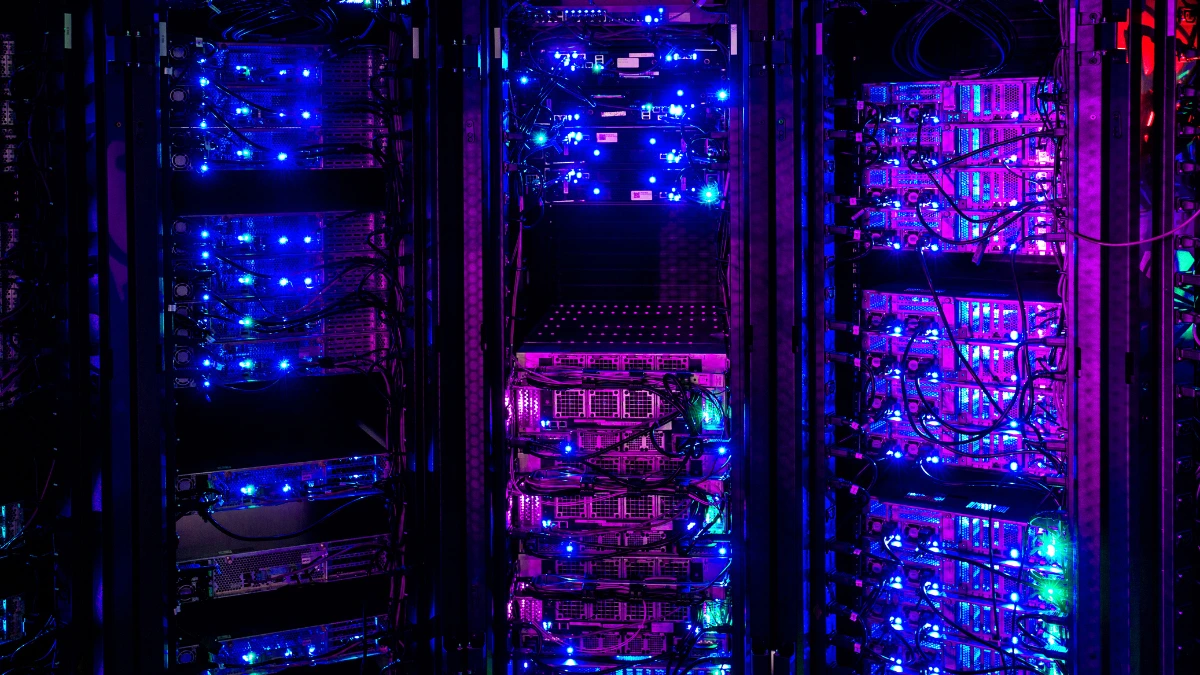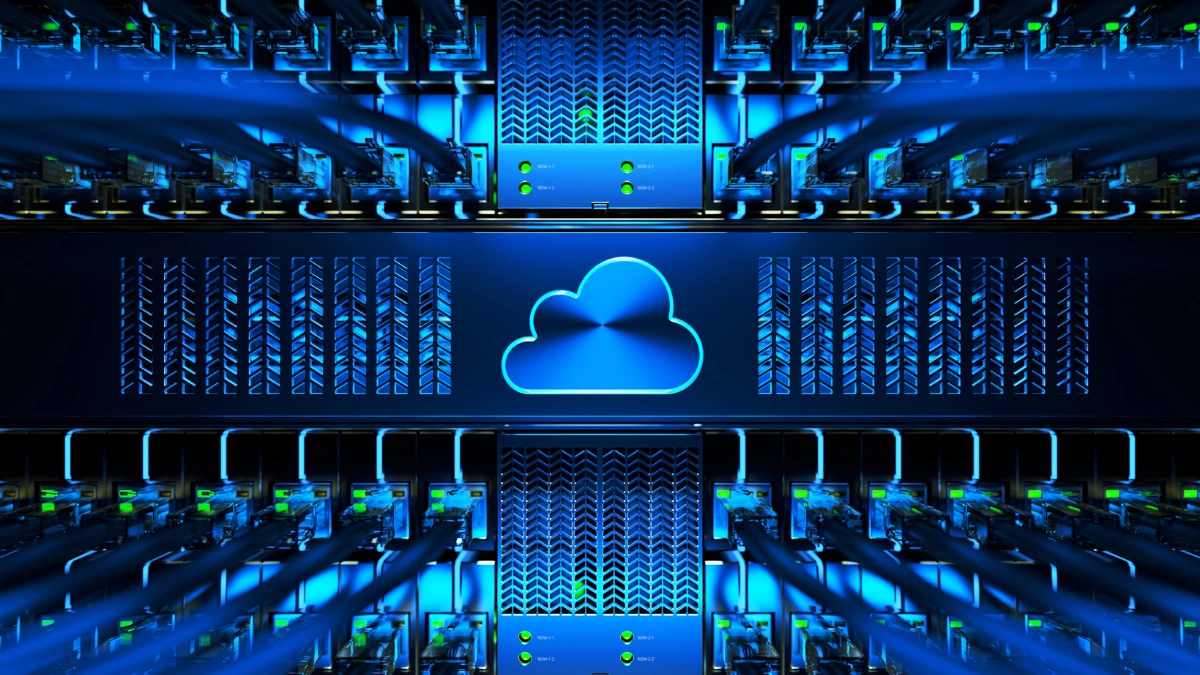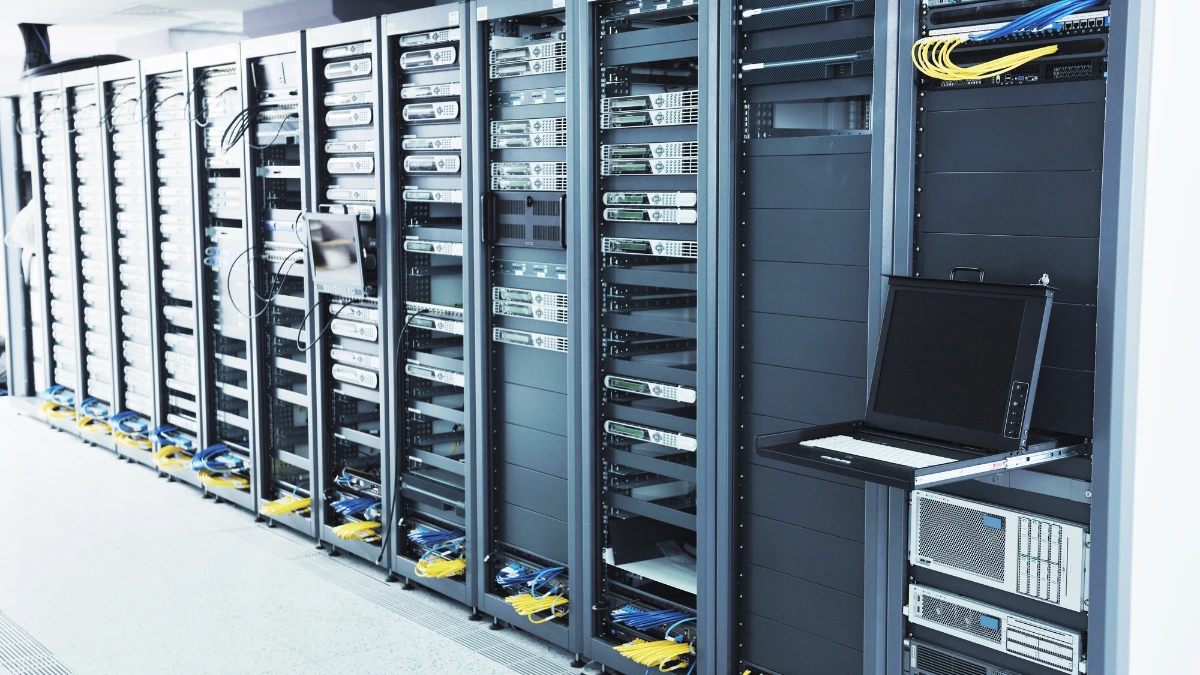A server is a technological device that plays an important role in supporting the development activities of the digital world.
This device supports all access to a website, file storage, to running daily business applications.
Do you understand this device? This article will explore more about servers, from the definition, how they work, their functions, types, and regulations in Indonesia.
What is a Server?

A server is an electronic device that serves as a digital service center to other computer devices connected through a network, usually called clients. The services provided by this device are resources, ranging from data, applications to internet connections.
In providing these services, the equipment works 24 hours a day to handle the requests of many clients simultaneously. Therefore, to fulfill its duties, this device is equipped with high technical specifications.
Without this device, various aspects of technology use, such as website storage, email, and other data would not be able to be accessed properly.
How Does it Work?
The way a server works is to fulfill client requests and respond by providing the requested data or service. Here’s how it works in detail:
- Client request: The client sends a request to the device to access a service or data.
- Request processing: The device receives the client’s request and then processes the request by searching for data, running applications, or performing other operations.
- Response delivery: After responding to the request, the device will send a response containing the data or service requested by the client.
- Completion: The client receives the response from the device and uses the service provided.
The Functions
Server as a digital service center has several functions. Here are some of its general functions:
- Centrally store and manage data: for easy monitoring, various types of data, such as files, documents, databases, and applications, are managed and stored at one point.
- Manage network traffic: Ensures efficient communication and prevents congestion.
- Shared access: Facilitates shared access to resources for multiple users on the network.
- Data security and protection: With stricter access management and the automatic backup system provided by the device, it will increase data security.
Knowing The Types

According to their function, these devices are divided into several types. Here are some types of devices, according to their function, that are commonly used:
1. Web
A web server is a type of device that functions to store and serve web content to clients through a browser. User requests will be sent by the server through a predetermined communication protocol. Using a web server will help affect the performance of your website.
2. Database
A database server is a type of device that functions to store, manage, and provide data access. This device will make it easier to find your data, because the server provides organized big data services.
3. Mail
A mail server is a type of device that functions to manage sending, receiving, and storing emails. The server will ensure that emails between users are sent and received safely. With its ability to send more marketing emails at once to recipients, this device is often used by businesspeople.
4. File
A file server is a type of device that functions to provide storage and file-sharing services in a network. As the heart of a fast and precise computer network, the server is equipped with a high-capacity hard disk and RAM. This device is often used in schools, offices, and internet cafes.
5. Application
An application server is a type of device that functions to run various applications that can be accessed by many users on one network. In a business environment, this server is often used for enterprise applications such as transaction applications, messaging services, and others.
Regulation in Indonesia

The equipment uses wireless communication technologies that operate within a specific frequency spectrum. In Indonesia, a wireless device is required to have a DJID (Directorate General of Digital Infrastructure) under the Ministry of Communication and Digital (KOMDIGI).
Server regulation is based on Ministerial Decree (KEPMEN) No. 60 Tahun 2022 for hardware firewall, which requires all radio frequency-based devices to meet specific technical standards before being sold in the country.
The DJID certification ensures that the product meets government safety and quality regulations and does not interfere with other communication devices. The certification process involves technical testing, such as frequency adjustments, safety checks, and compatibility with the surrounding environment.
Once the tests are completed, products that pass are listed in a Test Result Report, which confirms that the product is safe and ready for sale in Indonesia. This report reassures customers that the product meets technical standards and is secure.
For companies wanting to sell server devices in Indonesia, Type Approval Certification Services for ICT Products are available to assist with this process. This service includes preparing technical and legal documents, conducting required testing, ensuring compliance with regulations, helping companies streamline the certification process, and giving consumers confidence in certified products. [UN].

